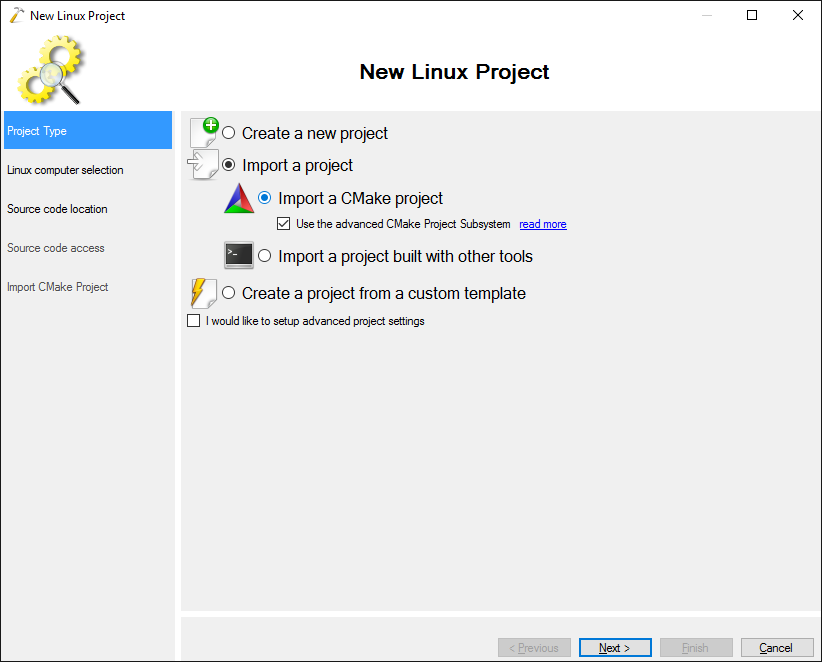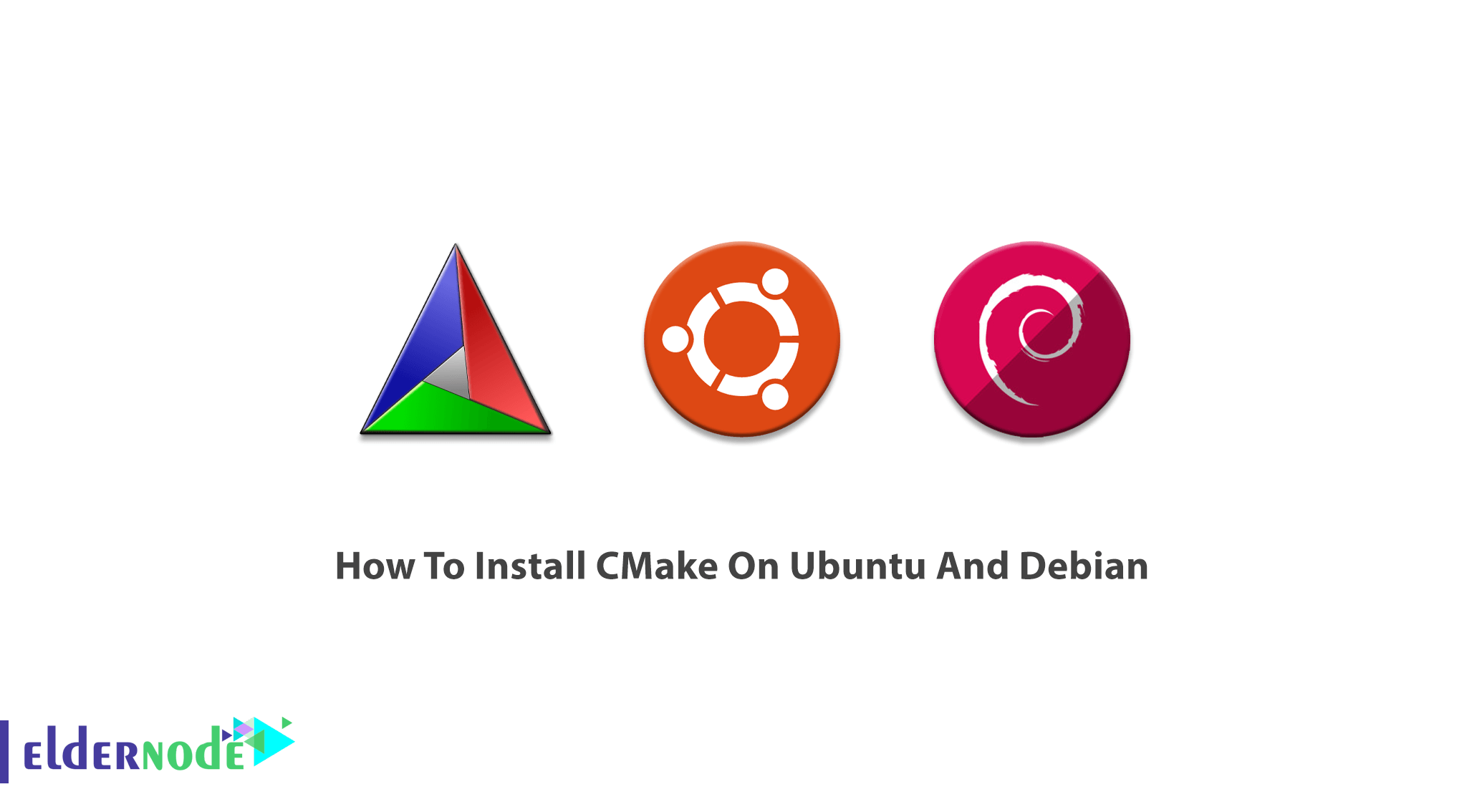
You can also add this to your search path manually, including MyLib_PATH, and CMake gives the user nice help output if the configure file is not found.

Installing cmake linux tutorial install#
When CMake searches for a package, it will look in the current install prefix and several standard places. That's it! Now once you install a package, there will be files in lib/cmake/MyLib that CMake will search for (specifically, MyLibConfig.cmake and MyLibConfigVersion.cmake), and the targets file that config uses should be there as well. # Any extra setup # Add the targets file include( "$/MyLibConfigVersion.cmake" # Capturing values from configure (optional) set(my-config-var Same syntax as find_package The contents that look like this: include(CMakeFindDependencyMacro)
Installing cmake linux tutorial update#
in file, and you will want to use the syntax. Before installing any software it is important to make sure your system is up to date by running the following apt commands in terminal: sudo apt update sudo apt upgrade sudo apt install build-essential checkinstall zlib1g-dev libssl-dev. If you want to capture configure time variables, you can use a. Then write a custom MyLibConfig.cmake file in your source tree somewhere. If you have no dependencies, just use MyLibConfig.cmake instead of MyLibTargets.cmake here. This file will take the targets you exported and put them in a file. The later option is what you'll need if you have any dependencies, even just OpenMP, so I'll illustrate that method.įirst, make an install targets file (very similar to the one you made in the build directory): install( EXPORT MyLibTargets You need to make a MyLibConfig.cmake, but you can do it either by exporting your targets directly to it, or by writing it by hand, then including the targets file.

That looks like this: include(CMakePackageConfigHelpers) It's usually a good idea to give CMake access to the version, so that find_package can have a version specified. It only sets the includes destination on the exported target (which is often already set by target_include_directories, so check the MyLibTargets file and make sure you don't have the include directory included twice if you want clean cmake files). The includes destination is special since a target does not install includes. Im working with C, and I read that theres no native way of evaluating a string as code like. My problem is that I need a way for the user to input a match function into the program for it to work with.

The various destinations are only needed if you have a library, static library, or program to install. Hi, for school, I have to write a program that uses Riemanns Sum to estimate the area under a curve. Your basic target install command looks like this: install(TARGETS MyLib Install commands cause a file or target to be "installed" into the install tree when you make install.


 0 kommentar(er)
0 kommentar(er)
